A habit, either positive or negative, has a profound impact on our lives due to its repetitive nature. Once we recognize a negative habit and its pattern in how we feel, think, and behave, we are one step closer to turning it around and re-establishing it into something positive.
Reflection helps us examine, evaluate, and accept things that impact our lives. Once we are able to re-direct them into the positive, we can encourage, and reinforce ourselves to stay on course. In this way, we build our lives with good habits, rather than negative, and own our lives in ways we truly like.
One of the difficult inner and outer environments that make it challenging to break such a habit is family dynamics. This is because the sense of genuine love and care we share for one another is attached to and embedded in such patterns. Many customary and habitual exercises involved in a family may become rocky issues and may not easily resolve by simple logic or sensibility. The independence and freedom of a family member may often become secondary to these deep-rooted issues.
***
Since the shock at the hot spring in the autumn of 2016 (described in this series of the Awakening), my reflections and practice have begun. This journey of “awakening” is to find love beyond the love attached to the deeply wounded scars. The practice of reflection that commenced back then was to transform me from being a victim of trauma to a good survivor of difficult experiences. Though I was undergoing the grieving of Patrick, my conviction was solid and unyielding. My eyes were fixed on the goal despite the unknown future.
***
Since then, I’ve spent these years in incredibly simple ways. I’ve observed almost everything in the present moments as they were, and felt them without judging; Mama, my family, myself, how we talked, how we reacted, and what we thought behind our actions. But I did so through the spectacles of love beyond the love we’d shared in the past, and re-introduced it in my life. In other words, I’ve kept my original goal and will in mind.
During the first year since Patrick’s passing, I’d heard many concerns about me from my family. They were accompanied by almost forcible invitations by my mother and my older sister for me to go back to Japan and live with my mother.
I became an American citizen and gave up Japanese citizenship two and a half decades earlier. Soon after Patrick’s death, these inquiries or requests were presented on the table to make me feel even guiltier about me not sharing my mother’s care. At such times, I felt the motives behind these requests through my mother and my older sister’s facial expressions and tones of voice.
***
It was late December 2017, sixteen months after my late husband, Patrick’s passing. We were at the coffee shop near my older sister, Machiyo’s home. After we dropped Mama there from our day trip, we came here for our secret conversation.
I was staring at the large, tinted window next to our table which was partially covered with sweaty steam, streaming down from its condensation. Through the window, I saw people in thick coats hurrying home.
“So, what do you think about Mama and her care?” Machiyo suddenly broke our silence.
Then she continued,
“I’ve been looking after Mama for almost ten years. If she becomes worse, I can’t and I won’t do this anymore.”
She was referring to Mama’s condition. Mama had been diagnosed with Alzheimer’s several years earlier. In her mind, she’d been the only one who looked after Mama.
Mama had lived totally dependent on someone her entire life. Her three daughters took on significant responsibilities during periods of our lives. Machiyo’s argument for “an equal share” of Mama’s care came from her logical yet limited mind. I knew all of us had paid many sacrifices at different times throughout our lives.
Since I was a little preschooler, I was molded into the ‘codependent’ relationship with Mama, and it almost ruined my life up to my late twenties. My younger sister, Yoshino, also devotedly took care of Mama while she was young until Machiyo began to care for Mama.
“But you are going to regret it if you don’t take care of her? …Well, you must.” Machiyo spat her words. I didn’t know exactly what she wanted to achieve in our discussion. There were impossible situations around us. What was the solution?
“A facility— We have no choice… if Mama’s condition gets worse, she will need to go to a facility,” As it came out of my mouth, I was in shock. My sisters at the table dropped their jaws, unable to speak for several seconds.
A facility. The big taboo that Mama had never allowed us to consider. It had meant “abandonment” to her.
However, I knew intuitively this word would transform all of us, Mama, Machiyo, Yoshino, and me. As we came out of our own habits and patterns in which we’d chosen to victimize ourselves and blamed others at the same time, we would have more space and chances to build our own good habits.
***
Since this occasion, there have been ups and downs. But I’ve kept the possibility of “a facility” as our gift and guidepost to construct and reinforce our own good habits and patterns of thoughts and behaviors. Mama began to try it out an overnight stay at a time, then another night, and more nights followed.
After all these years, all of us have finally come to adjust our attitudes and behaviors, moving toward realizing the need for the placement of Mama in a facility sometime in the future. Senior care facilities in Japan are known to provide a very decent quality of life and personable care. Placing Mama in a facility doesn’t mean ending our story or abandoning Mama at all, rather we can provide proper care without burdening all our lives.
***
When we have a negative habit and patterning, we mistakenly fear anything outside the pattern. Then we become dependent on the habit. But once we leave life filled with fear, we begin to see more potential and freedom. To truly own our lives, we set guideposts and diligently work toward our goals, which offer us true joy.

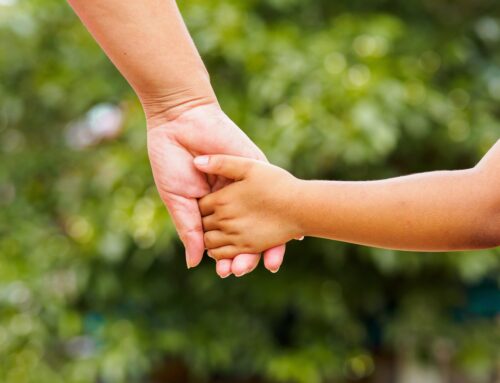
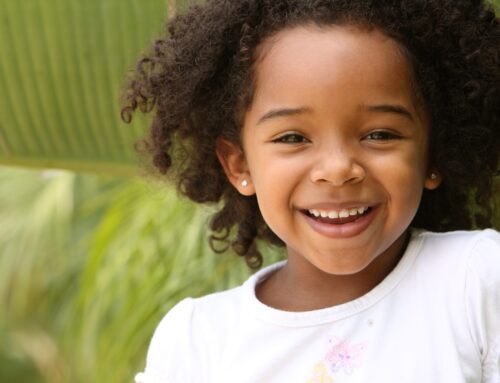

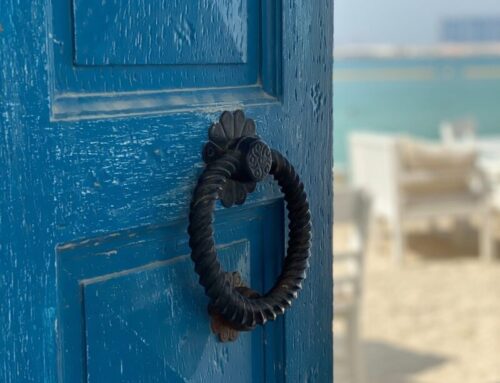

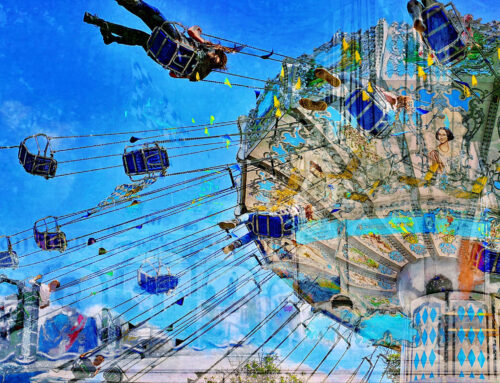


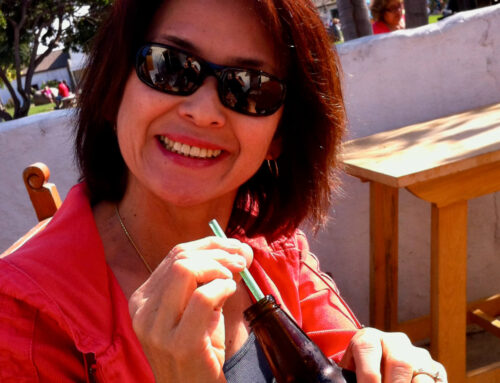
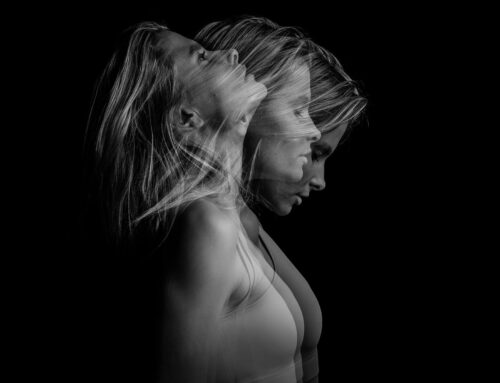

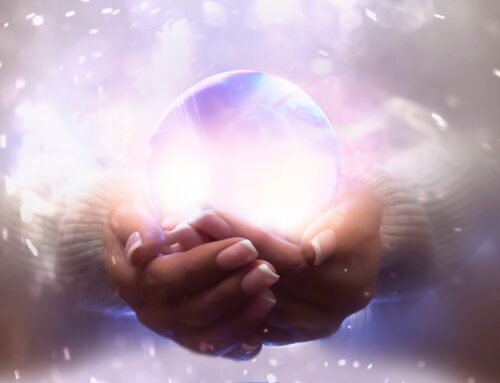
Leave A Comment